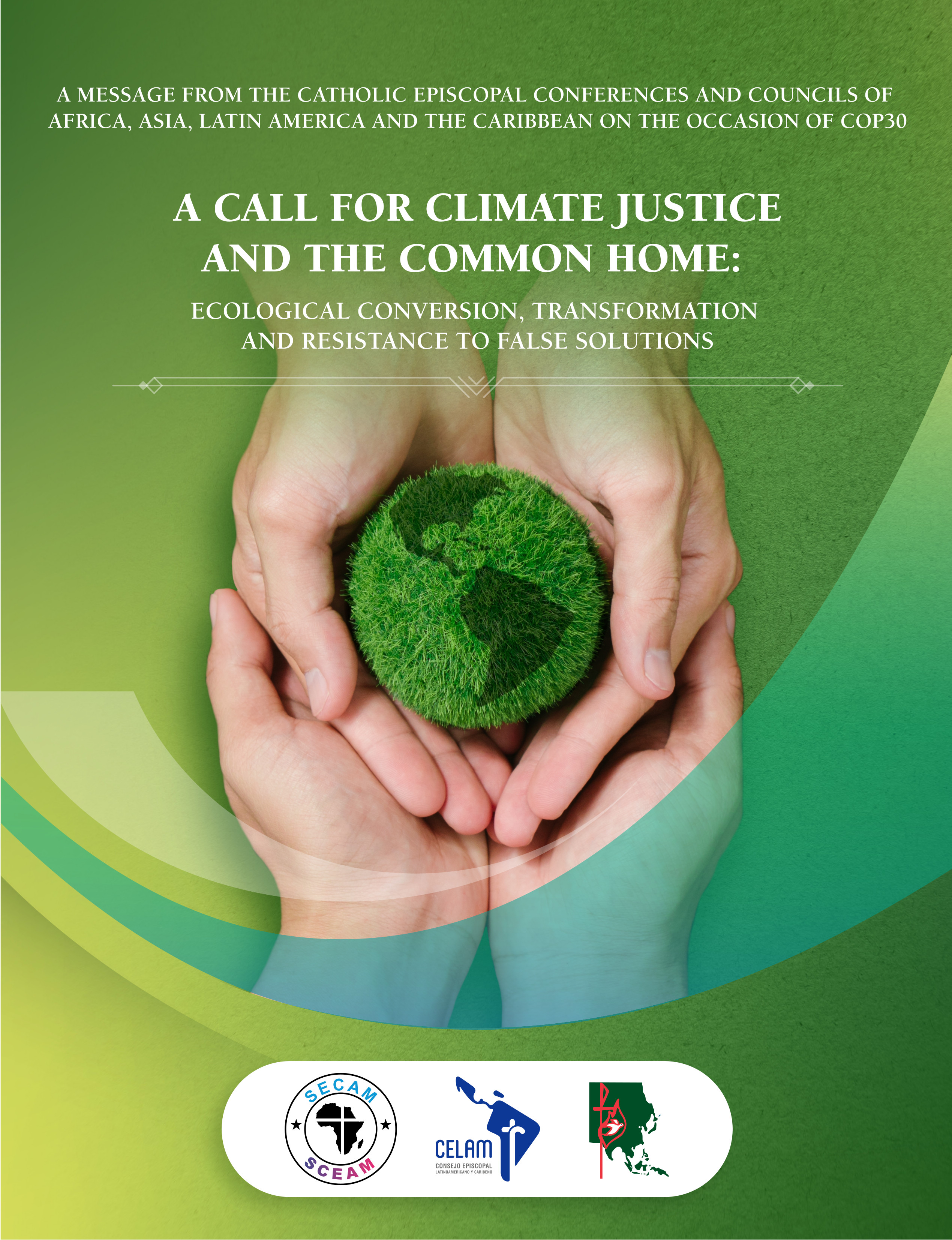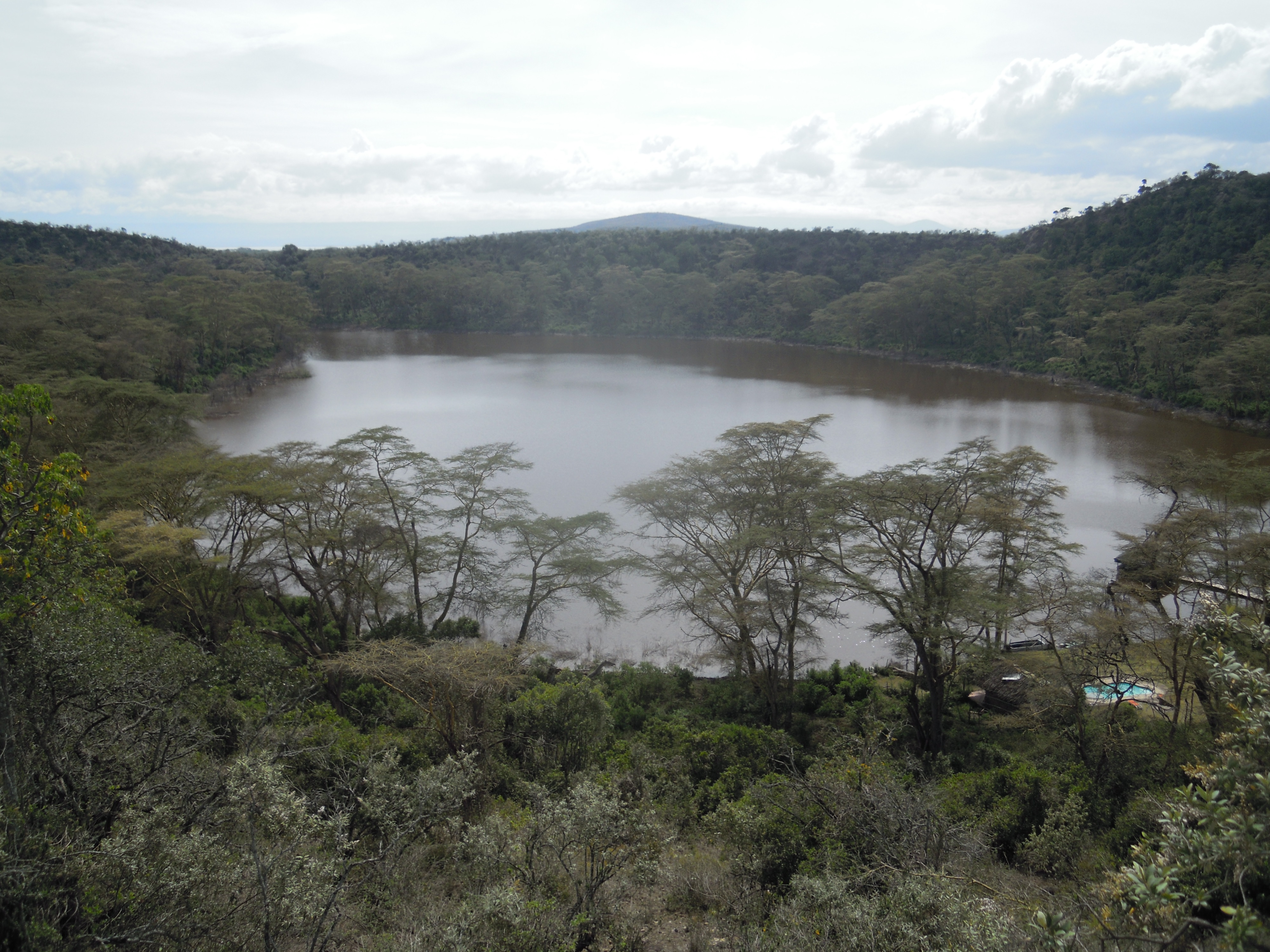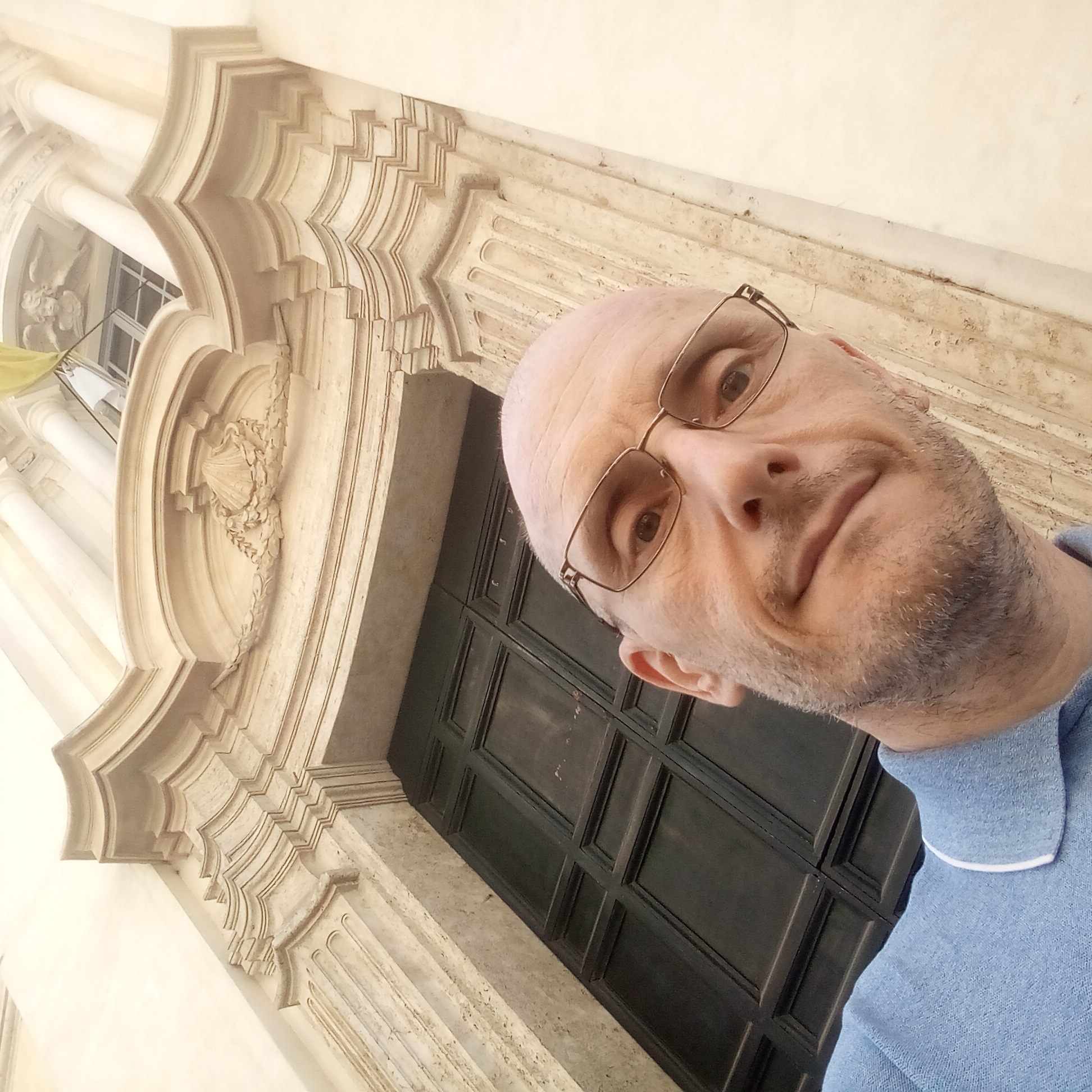“Thinking and engendering an open world” is the title of the third chapter of the encyclical Fratelli Tutti. One of the longest chapters and certainly a central chapter in the unfolding of the document. I have read and reread it several times and each time I have found food for thought.
“No one can experience the true beauty of life without relating to others, without having real faces to love” (FT 87). I would like to pause and reflect on this sentence from the document.
These days mark the second anniversary of the death of Edvard Dantas Cardeal. For all of you, this name means nothing, but I am sure that the mere mention of it provokes memories and gratitude in the inhabitants of Piquià de baixo (perhaps it is better to speak of Piquià da conquista).
Seu Edvard was the first and memorable president of the Association of the inhabitants of Piquià de baixo and he died on 22 January 2020, killed by the iron dust he fought against all his life. I met Edvard shortly after arriving at Piquià. One afternoon he came to our house with two letters in his hand.
The first was a letter he had written to the then President Lula, and Edvard was asking that President, who inspired him with confidence because he came from the grassroots level and was a son of the people, what he should do to ensure that his people, the inhabitants of Piquià de baixo, could have a better future than his own, away from the pollution of the steel factories. Edvard repeated several times that he had written that letter not because he wanted to get better, but for his people, for the boys and girls of Piquià, so that they could have a future different from his, far from pollution. Edvard knew these boys and girls one by one, he knew the people of Piquià one by one, and for him they were not just names and surnames but real people, faces he knew and loved.
The other letter was the President’s reply, which simply gave Edvard a piece of advice: to go to the public ministry. Edvard had never spoken to a judge, he didn’t know how to do it, but he had to do it, so he asked us to help him. And so we walked with him and we are continuing to journey with the people of Piquià, and for us too the inhabitants of that neighbourhood have become concrete faces to love, people together with whom we can struggle, dream, gain courage, shout out our indignation; men and women with whom we can share life and discover together every day the immense value of the dignity of each and every one of us.
“Nor can I reduce my life to relationships with a small group, even my own family; I cannot know myself apart from a broader network of relationships”, underscores pope Francis (FT 89). This is the process that Edvard set in motion: the story of the Piquià’s struggle is known throughout the world, the path taken by this community has been “networked”, shared with the path of many, many other small communities of resistance, and these paths help to think and generate an open world.





